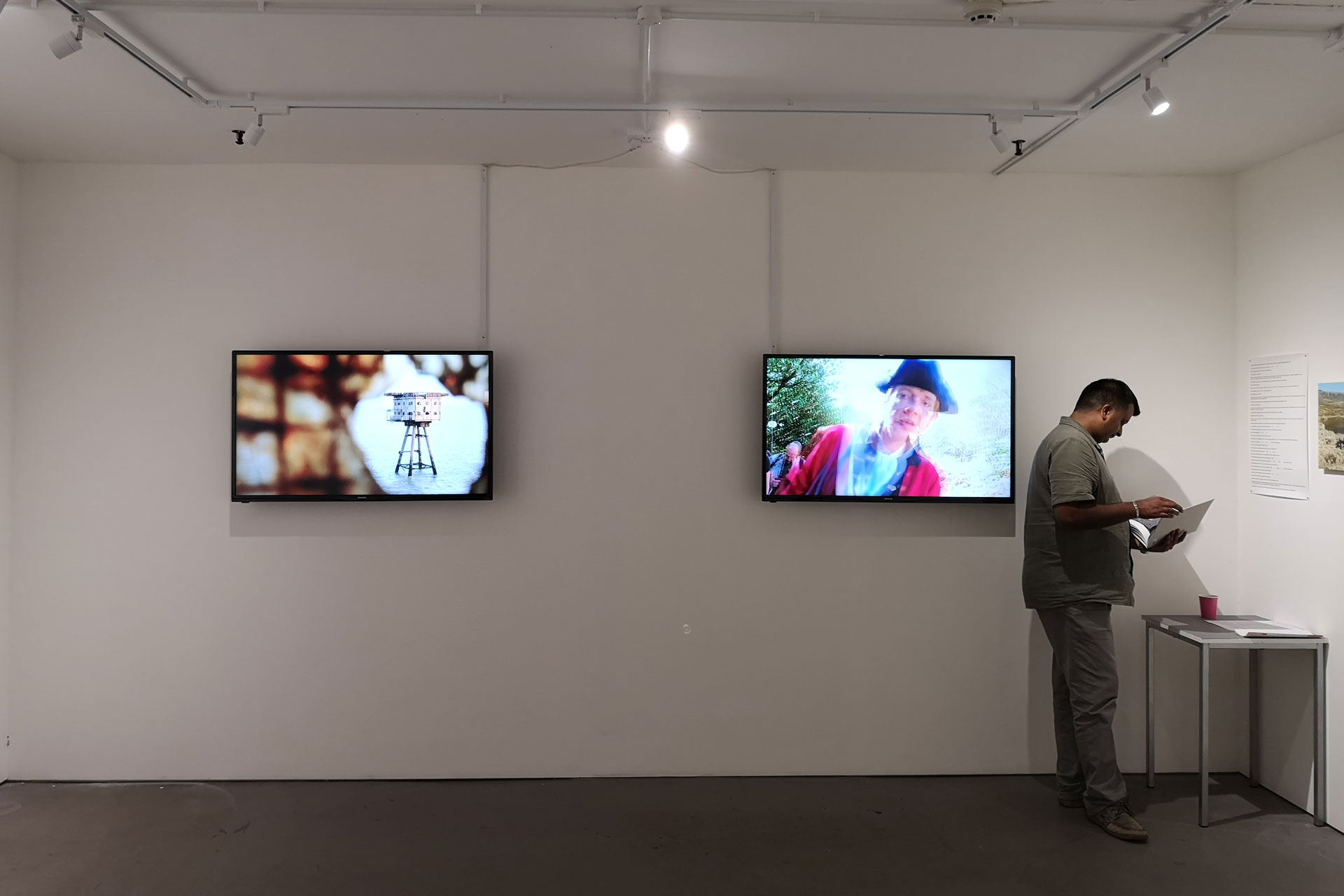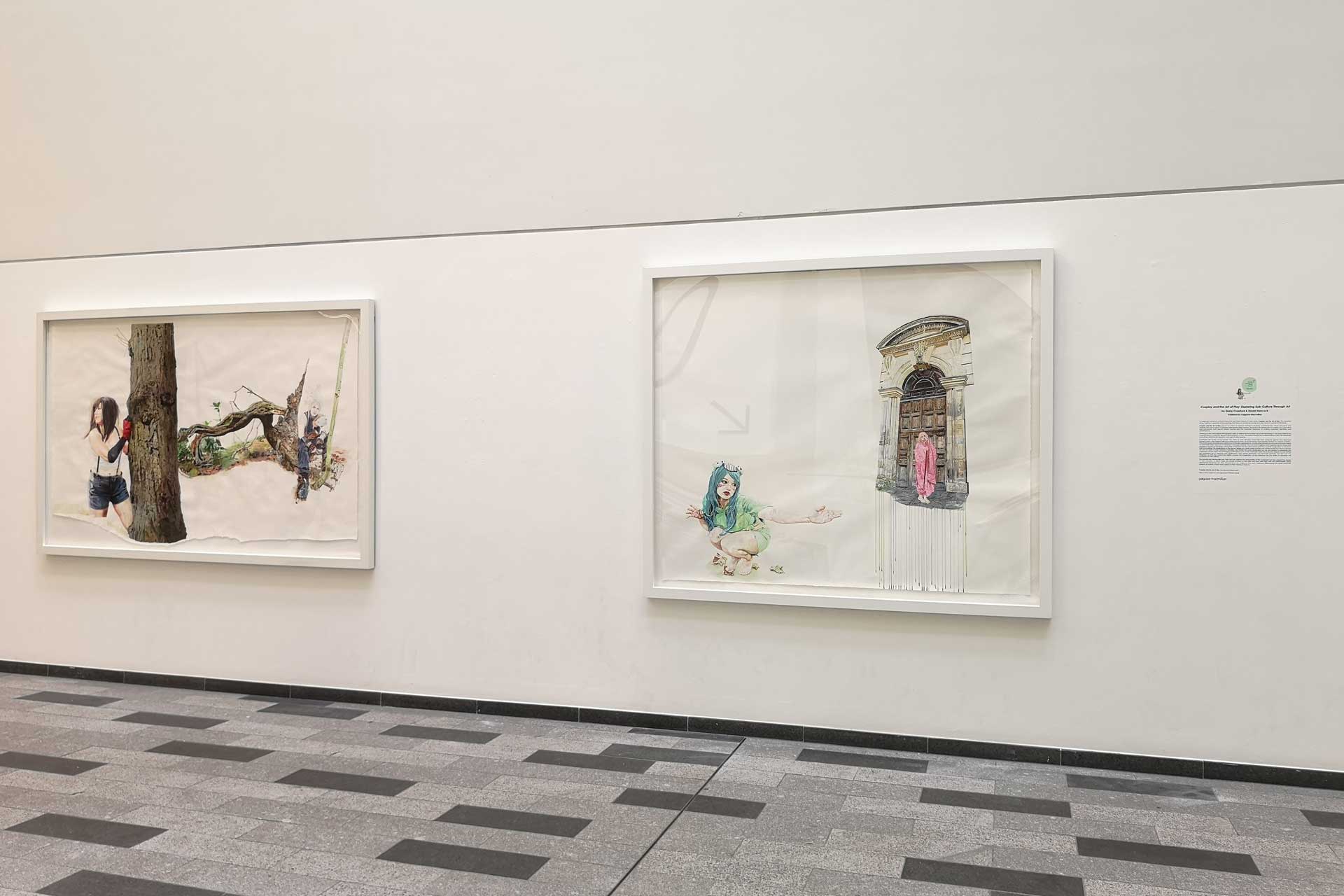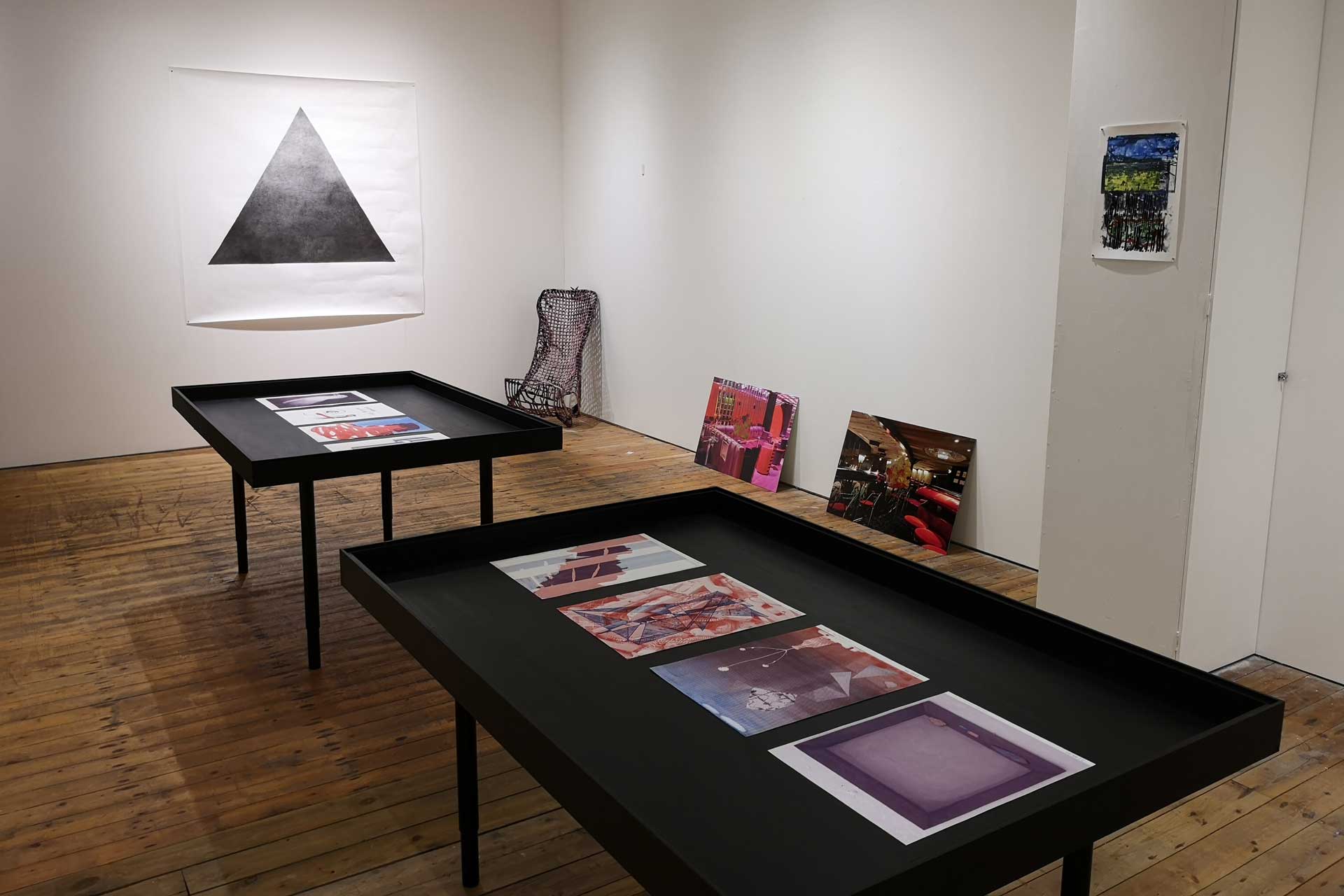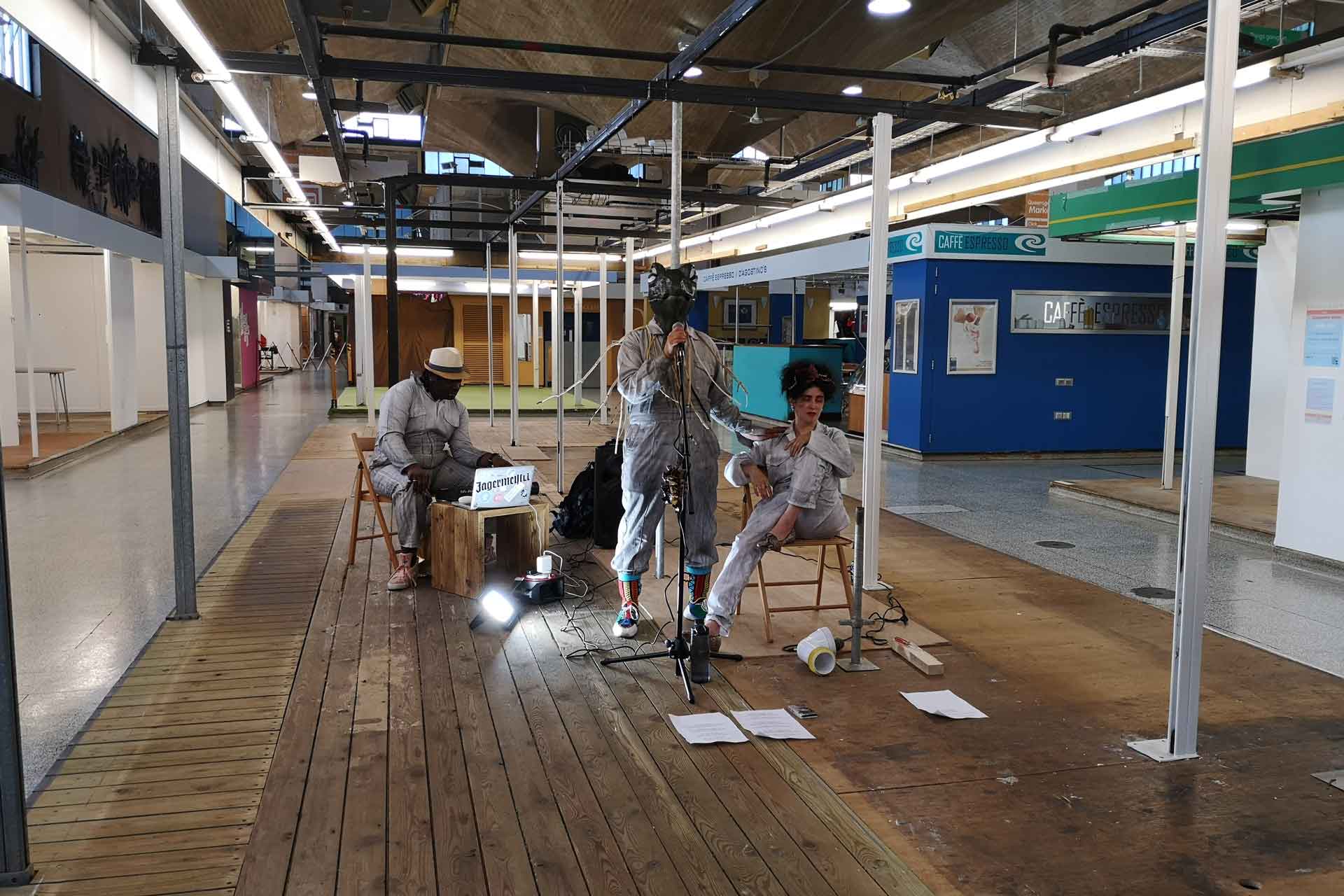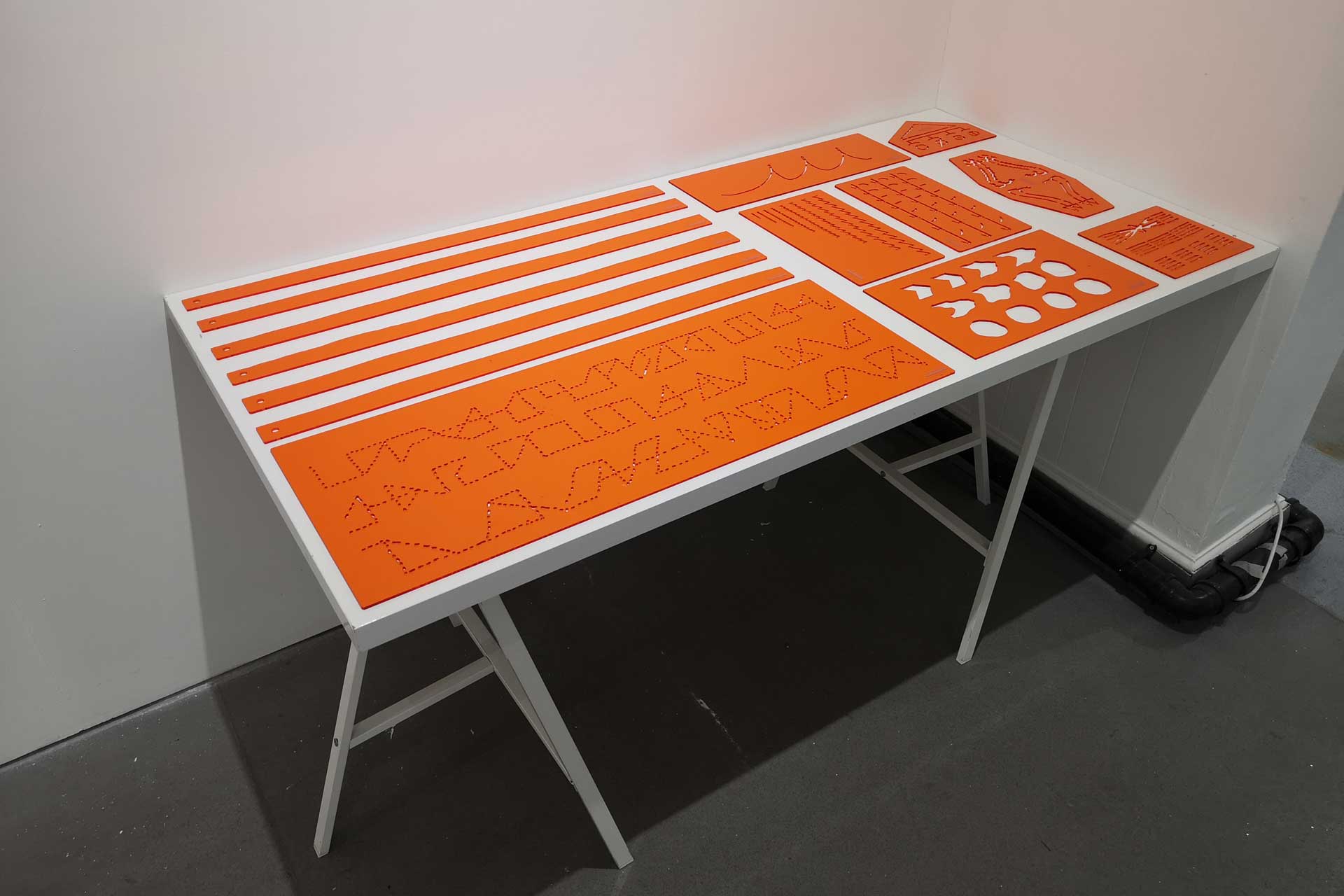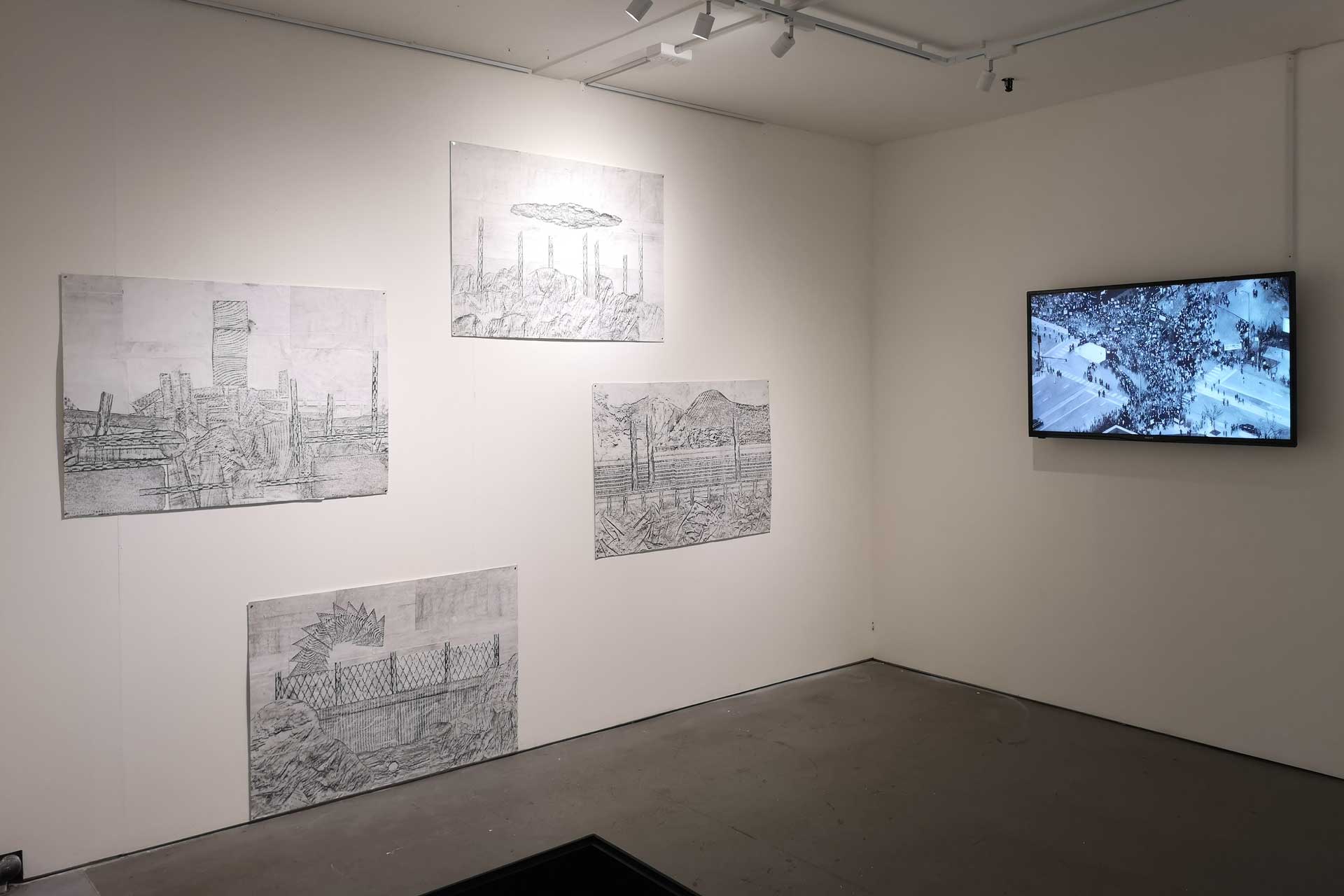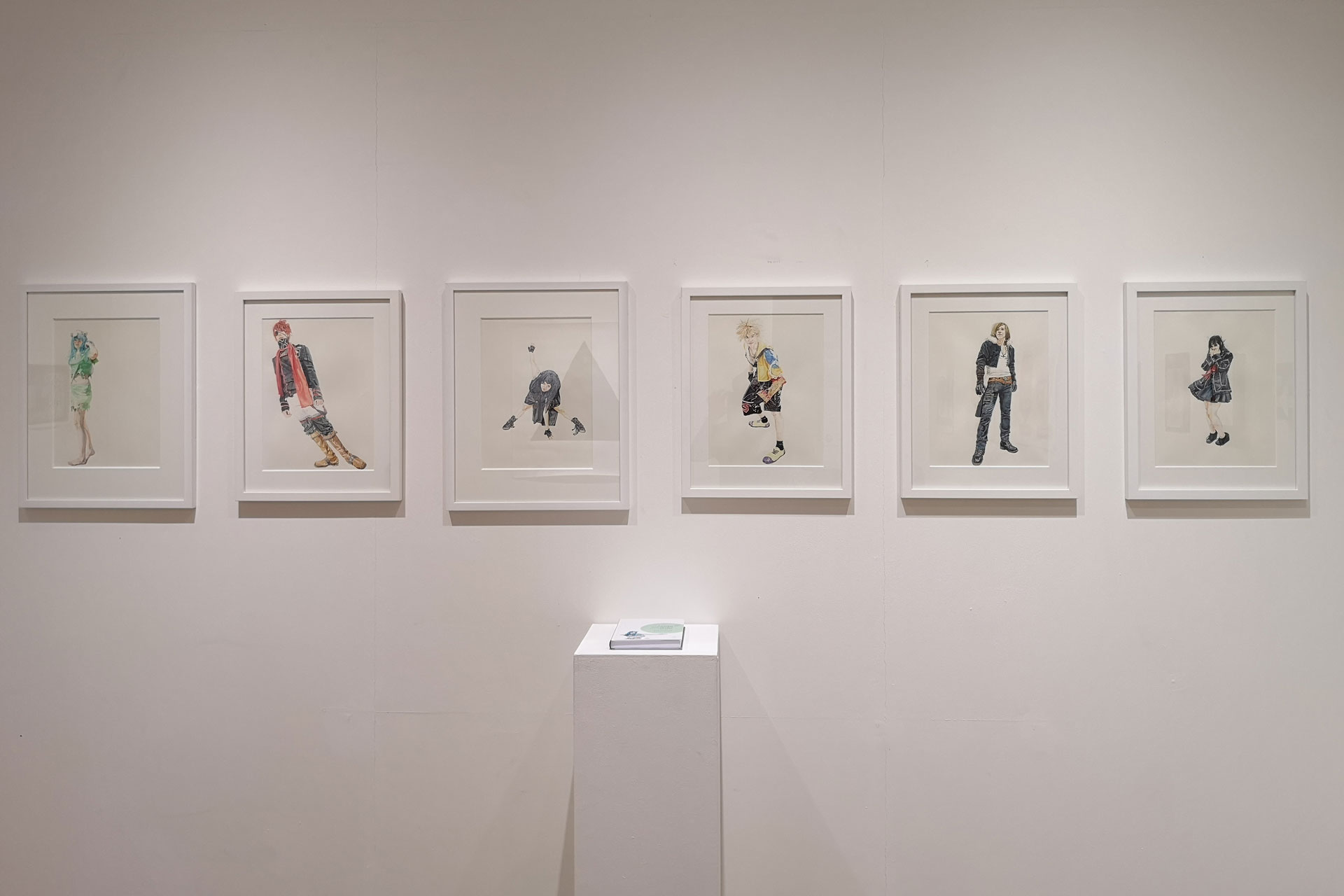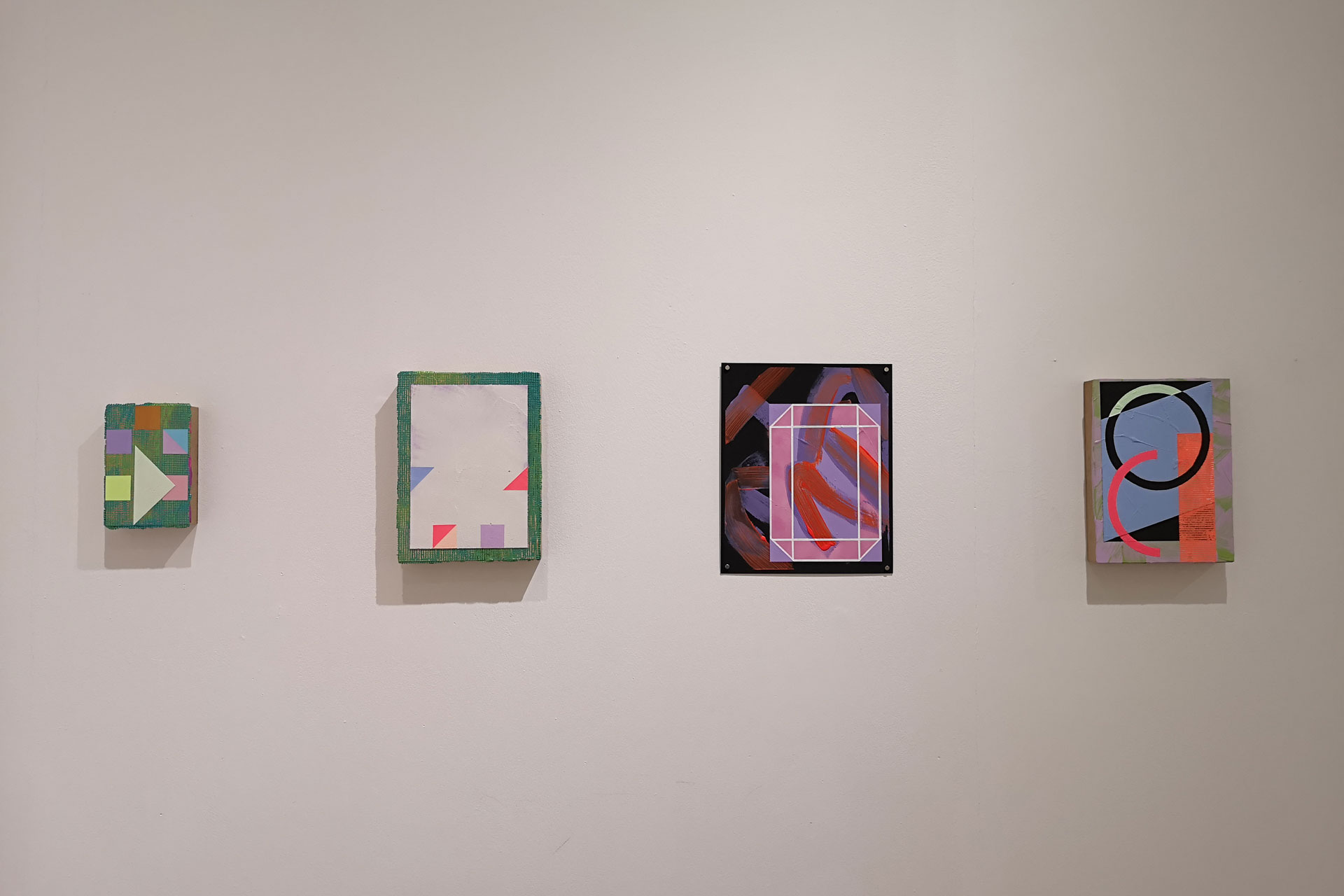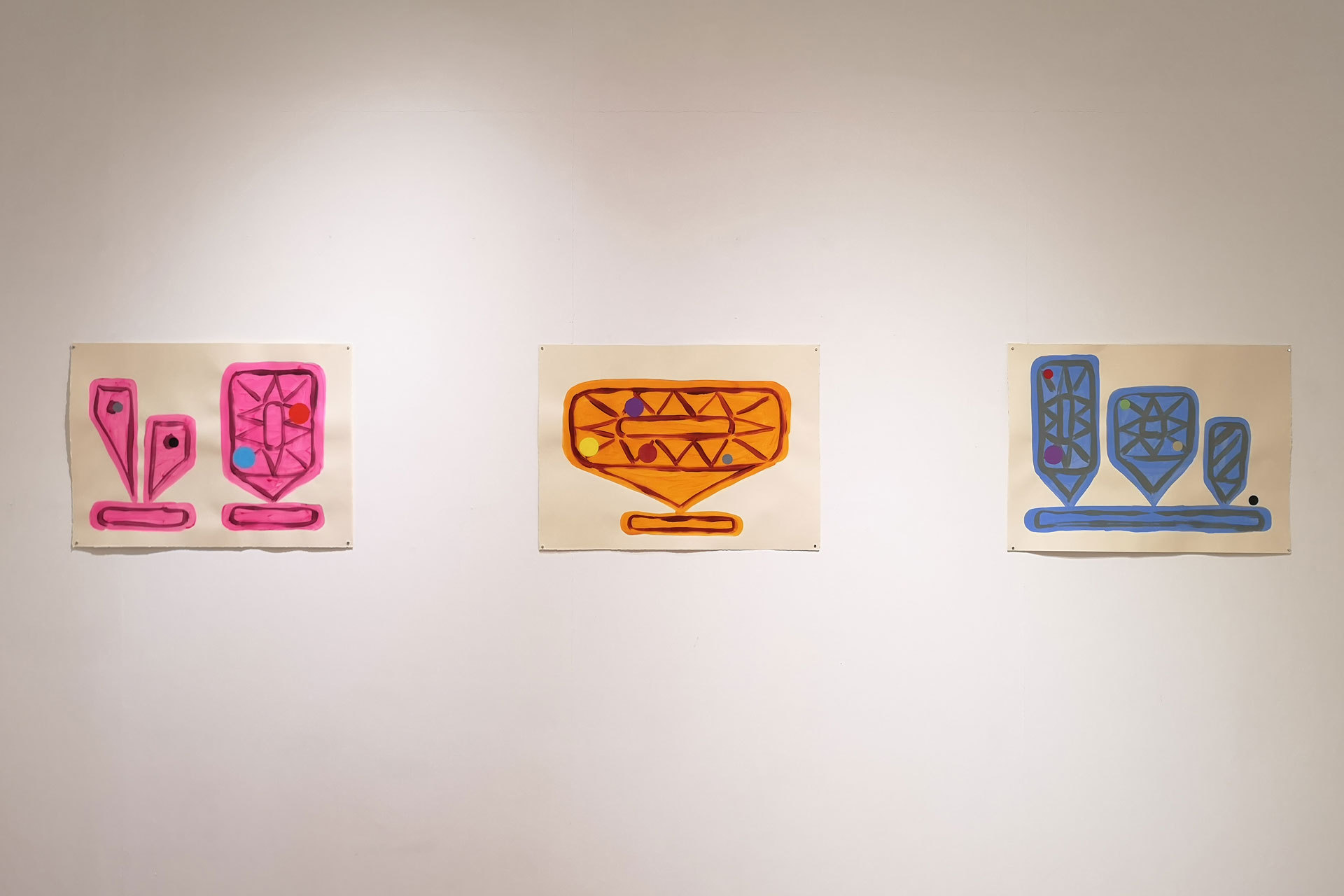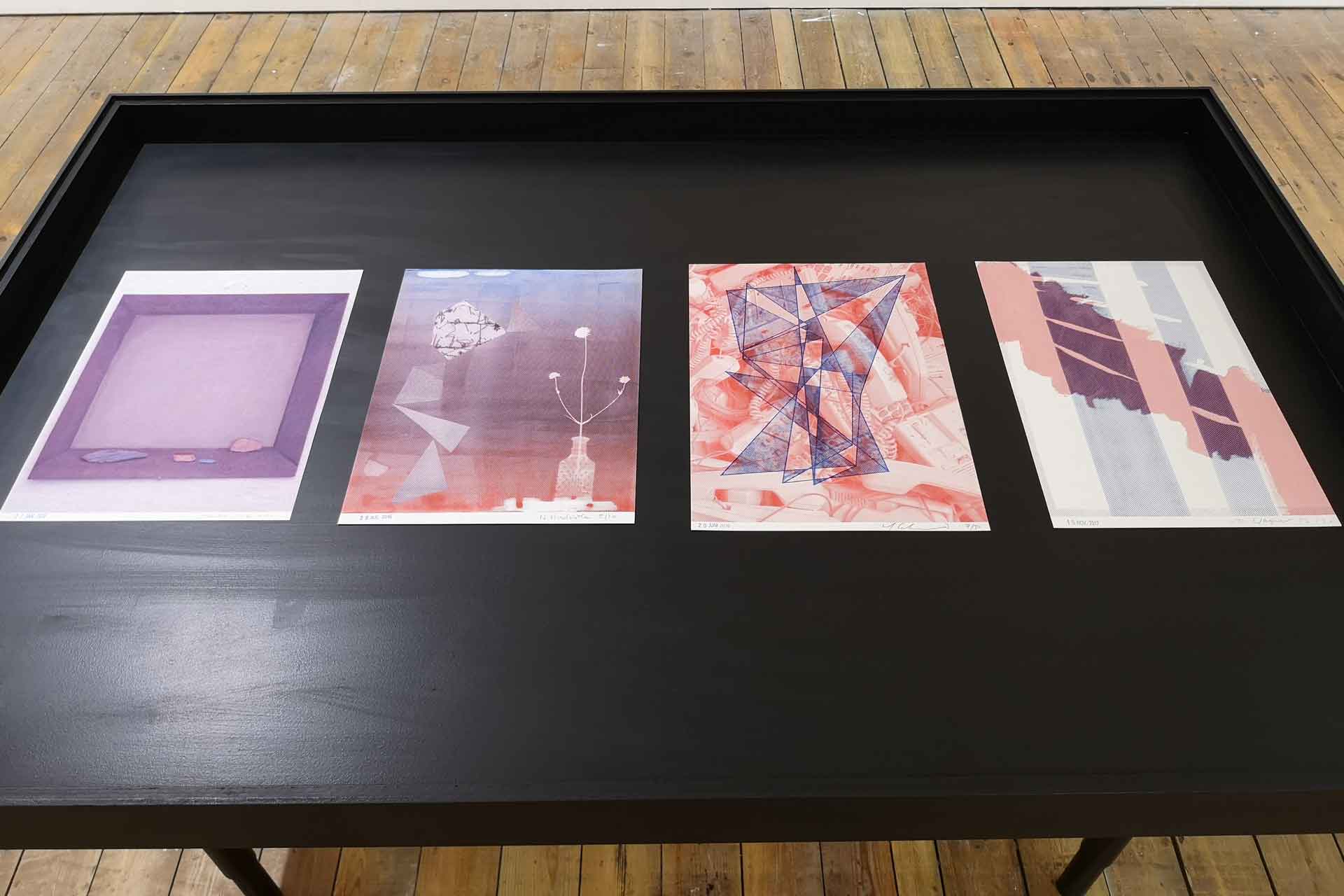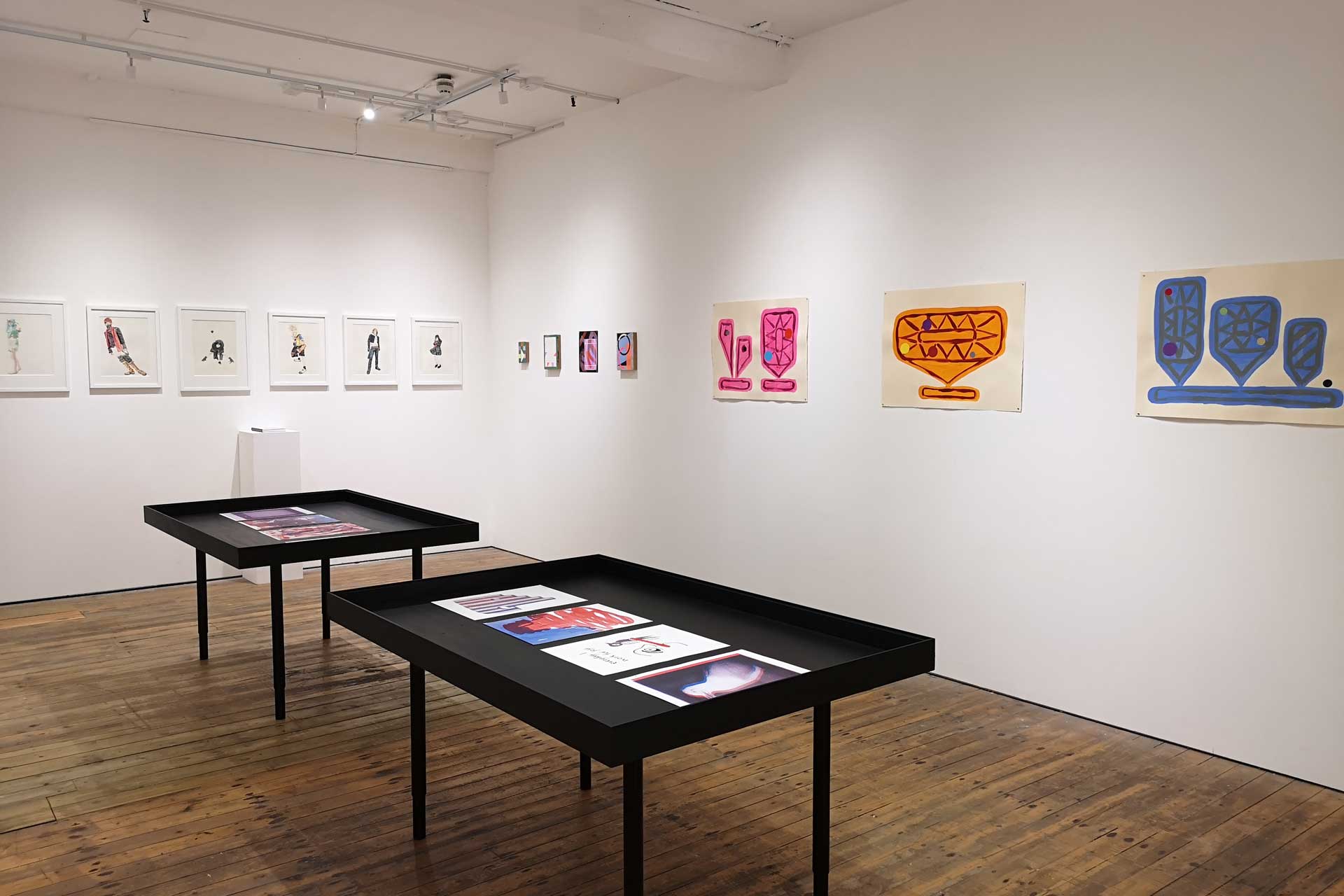
INTER-SECTION
About the exhibition
INTER-SECTION brings together a group of artists and artist-run initiatives to explore and examine shared and divergent spaces, processes and psychologies. The exhibition takes place simultaneously at Market Gallery in Queensgate Market and PAPER gallery in Manchester, where the alternate exhibition This land is our land is presented.
Both INTER-SECTION and This is our land present work produced by contemporary artists and members of artist-led initiatives in 2019, the year the UK is scheduled to leave the European Union, The exhibitions are a conversation between two sites in a politically and socially unstable period of unrest and instability.
Dr Rowan Bailey and Professor Derek Horton have written a conversational texts in relation to INTER-SECTION and the complex discussions around running artist-led intiatives.
About the researcher
Dr Simon Woolham teaches on the BA (Hons) Contemporary Art & Illustration at the University of Huddersfield. He holds an MA from Chelsea College of Art in London and was awarded a PhD in 2016 from Manchester Metropolitan University. His practice-based PhD research explored an expanded drawing research and methodology using walking, narrative and conceiving of an ‘artists’ residency of the mind.’ He has presented about his research at conferences at UCL, London, Cardiff University and Coimbra, Portugal.
Between 2000 and 2012 Woolham exhibited widely, including a residency and solo exhibition at The Lowry in Salford and Chapter Gallery in Cardiff, as well as numerous national and international group exhibitions. In 2008 he was included in the first Tatton Park Biennial, in 2006 he was Artist-in-Residence at Baltic – Centre for Contemporary Art in Gateshead and he won the Mostyn Open 11 at Oriel Mostyn, Llandudno in 2001.
Woolham has been curator and artistic programmer of the artist-led gallery PAPER in Manchester since 2012. He recently led a project called ‘Art Work Placement’ with the innovative Arts organisation Fermynwoods Contemporary Art in Northamptonshire, whose ethos is ‘infiltrating the everyday’. ‘Art Work Placement’ involved testing virtual and digital platforms with employees of a mental care institution, in relation to histories and sense of place.
